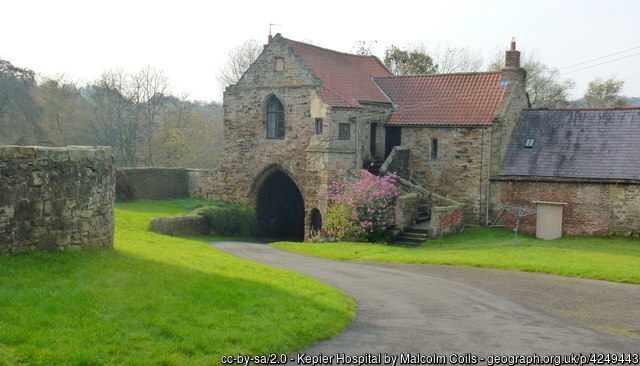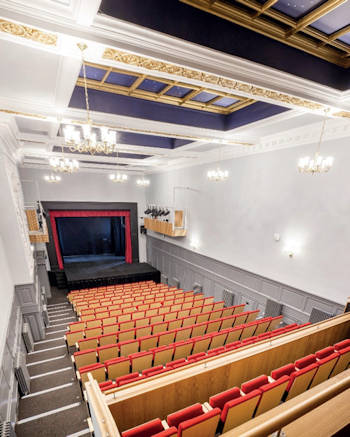The City of Durham Trust
Trust response to pandemic
The Trust has published an extraordinary Bulletin setting out its response to the Covid-19 pandemic. All in-person meetings of Trustees have been suspended, and they are now meeting online via the Zoom software. The AGM scheduled for June 10 has been replaced with an online meeting on 30 September. The Trust continues to function, largely by email, and Trustees continue to respond each week to planning applications.
Join the Trust
The City of Durham Trust is a membership organisation, and if you care about Durham City you should consider joining us, to support the work we do and influence our policies.
Standard membership costs just £15 a year, with a lower rate of £10 for retired people and discounted joint membership. Life membership is available for £200. This page has an online membership form.
Sign up to our mailing list
Fill in the form below to receive occasional email updates from the Trust. Your email address will remain confidential; we won't pass it to anybody else, nor will we send out mailings on behalf of anybody else. Each newsletter you receive will remind you how you can unsubscribe, and you will also be able to do this via the website.
Forthcoming online talk on Kepier
We are also delighted to announce that Martin Roberts is generously venturing to give his annual talk by Zoom. Martin writes:
The historic buildings and gardens at Kepier are some of the City’s great heritage treasures. Both have received renewed attention from architectural and garden historians and archaeologists in recent years and the talk will update Trust members on what has been discovered and how this informs how we should look at the site and its historical context.

At last — The County Durham Plan
Monday 21 September saw the publication of the final report from Mr William Fieldhouse as Inspector of the County Durham Plan, after a period of consultation on proposed main modifications. The Plan lays out the development of the County till 2035. Trustees welcome the clarity that a definite plan brings at last to the future of the County. The Council formally adopted the new plan at its meeting of 21 October and you can download it from the Council website (10.2MB PDF).
Mr Fieldhouse’s report effectively draws a line under more than a decade of hard work from officers in the unitary council, as well as from numerous interested bodies, including the Trust. Overall, the Plan is an exercise in “sustainable development” in the sense allowed within the National Planning Policy Framework, i.e. a scheme of managed growth and expansion, if only edging toward something many environmentalists or climate change activists would find “sustainable” in a more absolute, ecological sense. The pandemic hit late in the Plan’s examination process and the Inspector writes that it is still too early to predict its social, economic and environmental effects.
More in Bulletin 90.
Assembly Rooms win Architectural Award

There was a clear winner this year of the Trust’s annual Architectural Award for a new building or major refurbishment. In October 2019, the University’s proscenium arch theatre at 40 North Bailey, the “Assembly Rooms Theatre”, re-opened after 14 months of renovations. This superb refurbishment, financed by £2.5m from the University, has been an example of how close student engagement and dedicated voluntary work can inspire architects to work well beyond the minimum of their brief, achieving far more with their budget than might have been envisaged.
PH Partnership Architects were the main firm responsible, having previously worked on the performance space at the Sir James Knott Hall. There was also vital work from Stage Electrics, a company who help design and install the technical elements of theatres, and the aid of a former colleague from the theatre, Jonny Browning, who worked on the recent renovation of the Mark Hillary Arts Centre in Collingwood College.
The main challenge was to give the theatre acceptable disabled and wheelchair access despite tight spatial constraints. This was achieved by the installation of a platform lift and provision of an audience balcony at the top of auditorium for people in wheelchairs. A small new bar has been built and the box office has been attractively redesigned on the ground floor. The whole building has been redecorated and rewired, and the public spaces fitted with effective acoustic panels. The auditorium has kept a version of the previous red and grey colour scheme, and the fine wooden panelling and the decorated ceiling. Colours are restrained, cheerful but not garish. There are now quieter fold-down chairs, 175 seats (fewer than before, making space for the wheelchair balcony).
More information in the February 2020 edition of the Trust’s Bulletin
